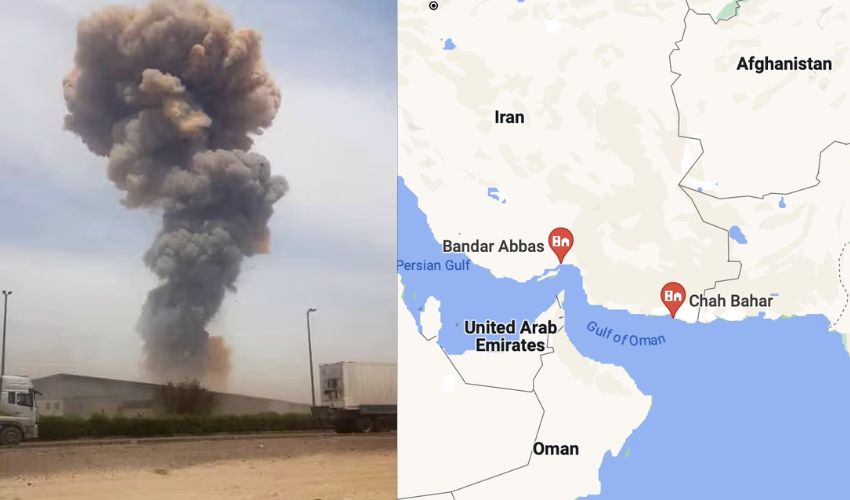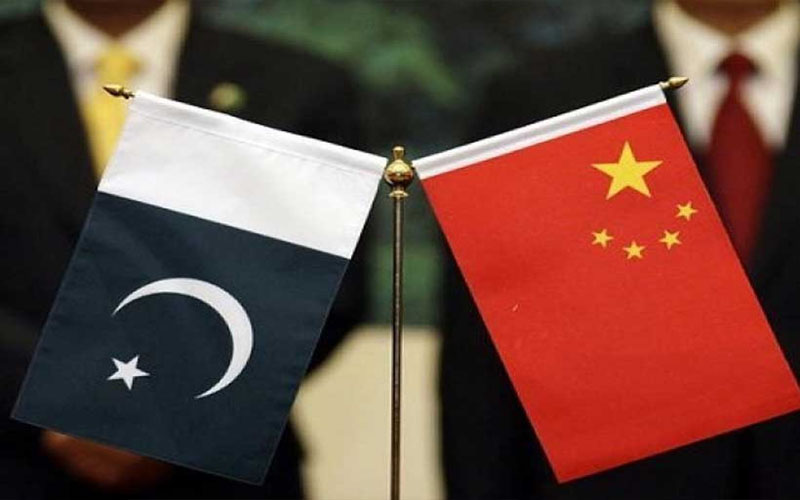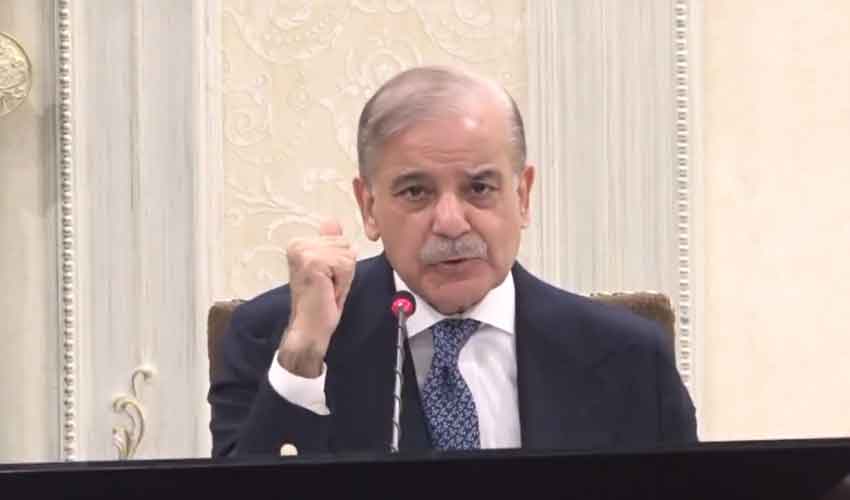US President Donald Trump’s newly announced tariffs have raised significant economic concerns, with analysts warning of potential global repercussions. The tariffs, aimed at countering what Trump calls “horrendous imbalances,” have been criticized for their calculation method and economic impact.
Trump’s administration framed the tariffs as “reciprocal,” claiming they match foreign tariffs on U.S. goods. However, analysts suggest that the calculation used is not based on actual tariff rates but rather on trade deficits. Experts point out that the formula—dividing a country’s trade deficit with the U.S. by its exports and multiplying it by half—targets trade surpluses rather than actual tariff policies.
“This is not about reciprocity but surplus targeting,” noted Mike O’Rourke, Chief Marketing Strategist at Jones Trading. He warned that the move could significantly disrupt supply chains and impact multinational corporations.
One of the most immediate effects of Trump’s tariff plan is the expected spike in vehicle prices. With a 25% tariff on all foreign automobiles, middle-class buyers are likely to bear the brunt of the increase.
David Kelleher, owner of a Pennsylvania car dealership, explained the financial impact, saying a $30,000 car could cost $37,500, leading to an increase of $175 per month in car payments. “Our customers are middle-class people. They just can’t afford that kind of bump,” Kelleher said.
The policy has also rattled international allies like Japan and South Korea, major auto exporters to the U.S.
JPMorgan: Tariffs Could Trigger Global Recession
Financial analysts at JPMorgan have issued a stark warning, predicting that Trump’s tariff policies could push both the U.S. and global economies into a recession by 2025.
The bank estimates that the tariffs will function as a $660 billion annual tax hike, the largest in recent U.S. history, and add 2% to inflation, further straining an economy already struggling with rising consumer prices.
“The impact on inflation will be substantial,” JPMorgan analysts stated, calling the policy a “macro-economic shock.” They also warned of potential retaliatory tariffs from other nations, which could further destabilize global markets.
With mounting concerns from businesses, consumers, and financial analysts, Trump’s tariff strategy is shaping up to be a defining economic issue. If sustained, the policy could have far-reaching consequences for global trade, inflation, and economic stability in the coming years.



























